general
Is Climate Change Truly a Hoax? Dissecting the Claims and Clarifying the Reality
As our planet confronts the repercussions of environmental degradation, the debate surrounding climate change rages on. Is climate change truly a hoax, as some skeptics assert? In this exploration, we will scrutinize the assertions of those who contend that climate change is a hoax, carefully examining the evidence to reveal the truth behind this pivotal global concern.
The Skeptic’s Perspective: Climate Change is a Hoax
Some people strongly believe that climate change is just a made-up story. Skeptics say that the Earth’s natural ups and downs, not human actions, are causing the changes we see. They point to times in history when the Earth’s temperature went up and down, suggesting today’s climate change is just part of a natural cycle.
It’s good to listen to these different viewpoints because they add variety to the conversation. But, it’s also important to dig a bit deeper. Some skeptics focus on the Earth’s past climate changes, saying they’re normal. But recognizing these opinions isn’t just about acknowledging different views, it’s a chance to learn more together.
While thinking about these skeptical ideas, we see that lots of things play a part in the climate change talk. But, looking into these views doesn’t mean we should ignore what most scientists agree on. Actually, understanding how nature and human actions connect helps us have a more detailed and full picture of what’s happening with climate change. It’s by looking closely at these details that we can understand the various sides of the climate change discussion with a smart eye and a well-informed view.
Scientific Consensus – Understanding the Reality
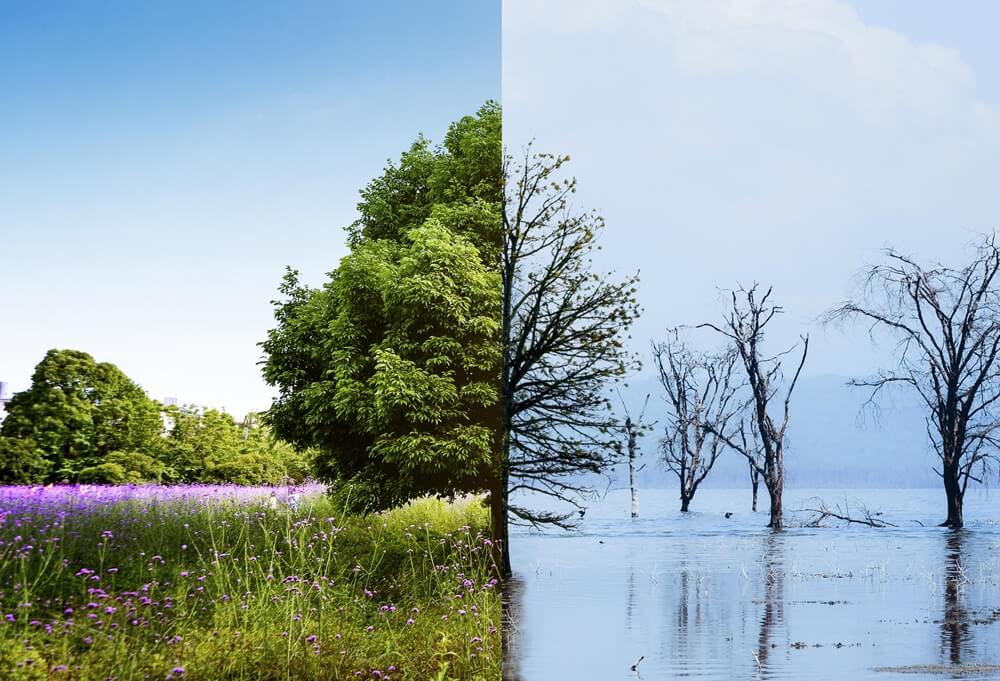
Contrary to claims of a hoax, the overwhelming majority of climate scientists agree that climate change is real and primarily driven by human activities. Rigorous research and peer-reviewed studies consistently support the conclusion that rising greenhouse gas emissions, such as carbon dioxide and methane, contribute to the warming of our planet.
The Intergovernmental Panel on Climate Change (IPCC) reports provide comprehensive assessments, with thousands of scientists worldwide contributing their expertise to paint a clear picture of the reality we face. To dismiss this consensus is to ignore the collective wisdom of the scientific community.
Debunking Misinformation
Let’s clear up some confusing stuff about climate change. Sometimes, wrong ideas get spread around, making it hard for us to understand what’s really going on.
One big misunderstanding is that the Earth has warmed up and cooled down on its own in the past, so today’s changes aren’t a big deal. But, it’s important to know that the way our climate is changing now is much faster than anything in history. People burning fossil fuels and cutting down forests are a big part of why this is happening.
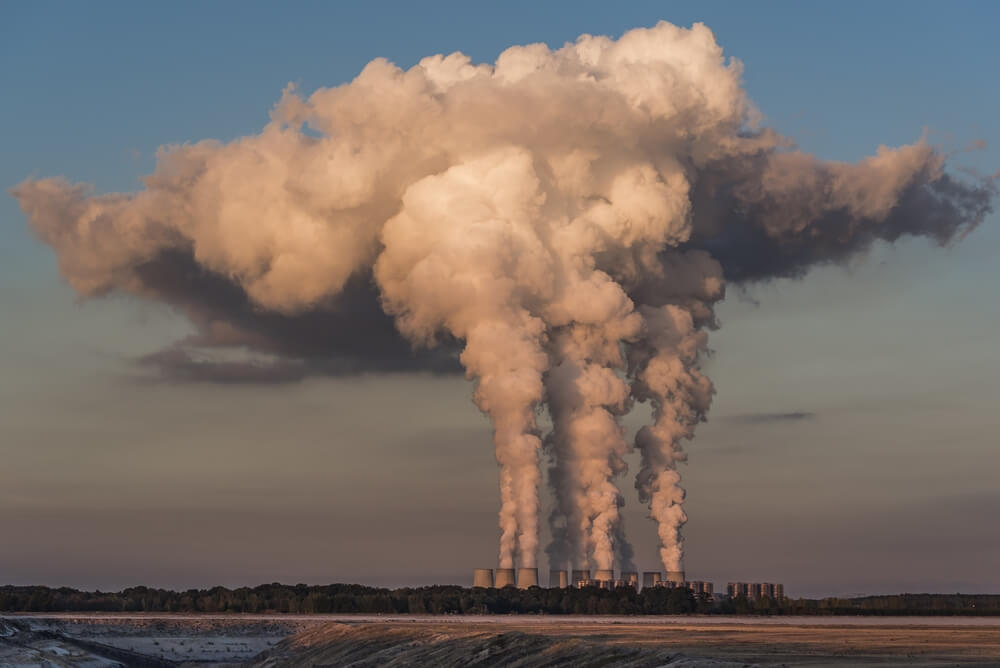
Another wrong idea is that human actions don’t impact climate change. But if we look at good scientific studies, they show us that what people do, especially releasing gases into the air, is a major reason why the Earth is getting warmer.
To fix these misunderstandings, we need to check out reliable sources and what most scientists agree on. It’s not about ignoring different opinions but making sure we have the right facts. When we straighten out the mix-up, we can see the real challenges and why we need to act fast.
Real-world Impacts of Climate Change
Now, let’s talk about how climate change is affecting the world we live in. It’s not just a far-off problem, it’s happening right here, and the effects are hitting us in our everyday lives.
Firstly, rising sea levels are a big issue. This means that the water around our coasts is getting higher, causing trouble for places where people live and wildlife calls home. Think about how this affects our neighborhoods and the animals that depend on these areas.
Then, there’s the weather acting up. Hurricanes, floods, and droughts are becoming more common and more severe. Imagine the challenges communities face when these extreme events happen more often. It’s not just about inconvenience but it’s about people losing their homes and struggling to recover.
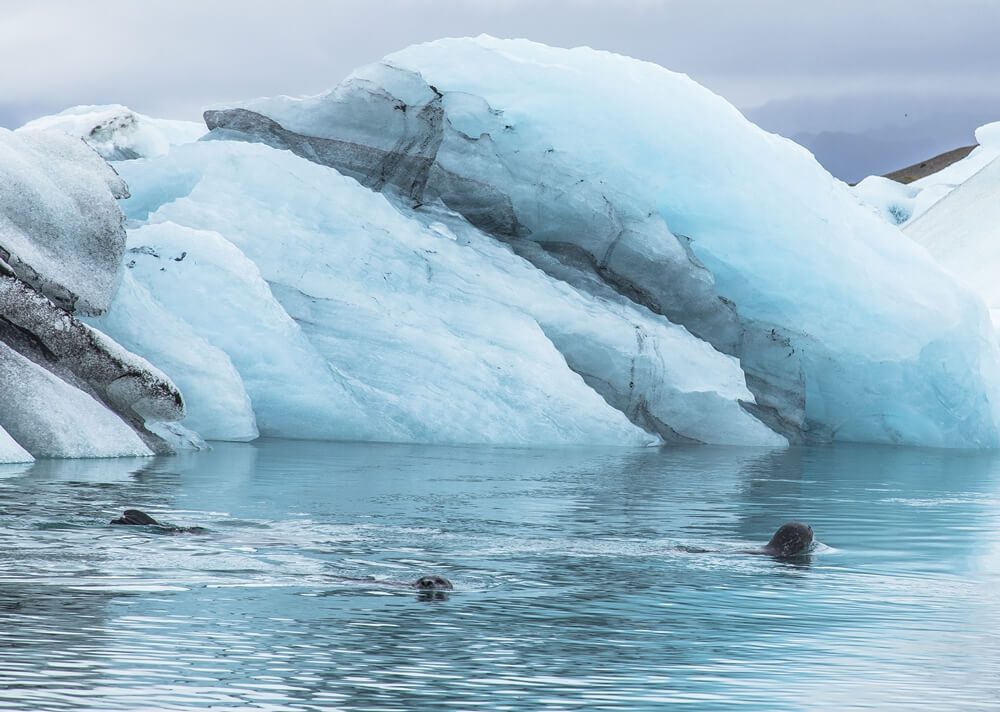
Our icy places, like the Arctic, are also feeling the heat – literally. Ice is melting, and animals like polar bears are losing their homes. Picture how this impacts the balance of nature and the survival of species.
These real-world impacts show us that climate change isn’t just a scientific idea. It’s something we see and feel in our daily lives. Understanding how climate change affects us and our planet empowers us to make informed choices, safeguarding our communities, wildlife, and the world we call home. This isn’t just a problem for the future! It’s happening now, and we all play a role in finding solutions.
The Role of Media in Perpetuating Myths
Sensational headlines and exaggerated stories can make climate change seem scarier or less urgent than it actually is. Think about how the news you see or read shapes your thoughts on the issue. It’s not about blaming the media but realizing that sometimes the way information is presented can affect what we believe.
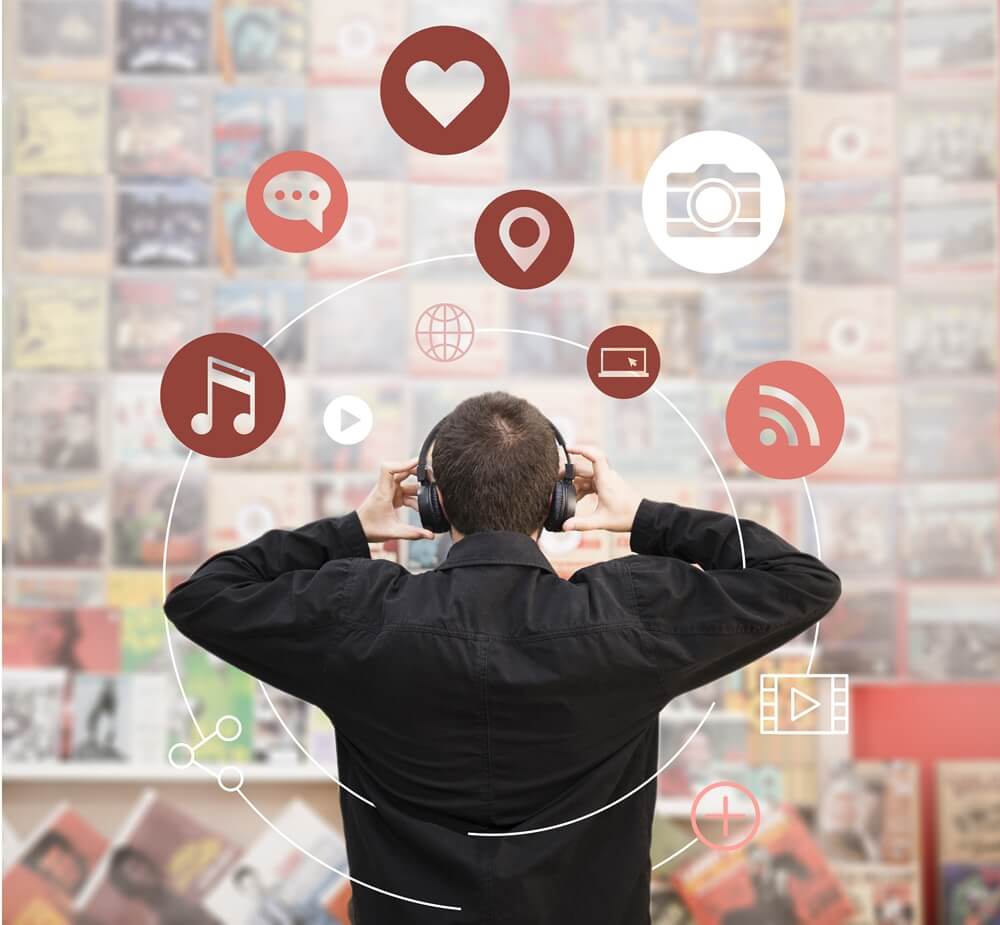
As we navigate through the news and social media, it’s important to be aware of how information is framed and to question whether it’s accurate. By doing this, we can develop a more accurate understanding of climate change and contribute to a more informed public discussion.
Media has a powerful role, and as consumers of information, we also have a responsibility to think critically and seek out reliable sources. Being aware of how media shapes our perceptions allows us to better separate fact from fiction and contribute to a more accurate understanding of the challenges we face with climate change.
Final Thoughts
As we wrap up our chat about climate change, remember – everyone has a role to play. Whether you’re unsure, a big supporter, or somewhere in between, we all need to find the truth and do something about it.
Today wasn’t just about science, it’s about our world and the future we want. Your thoughts matter! Share them in the comments below, and let’s keep talking.
Want more cool info about climate action? Sign up for our newsletter. Stay connected, know more, and get inspired to do good for our planet. The adventure doesn’t stop here – it keeps going with every little thing we do.


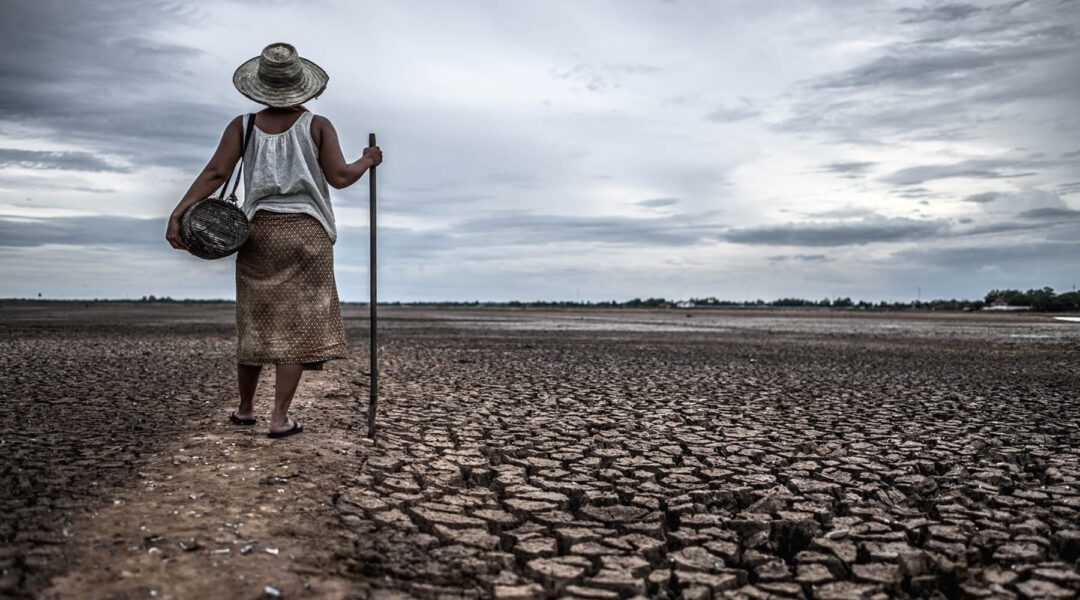

 English
English